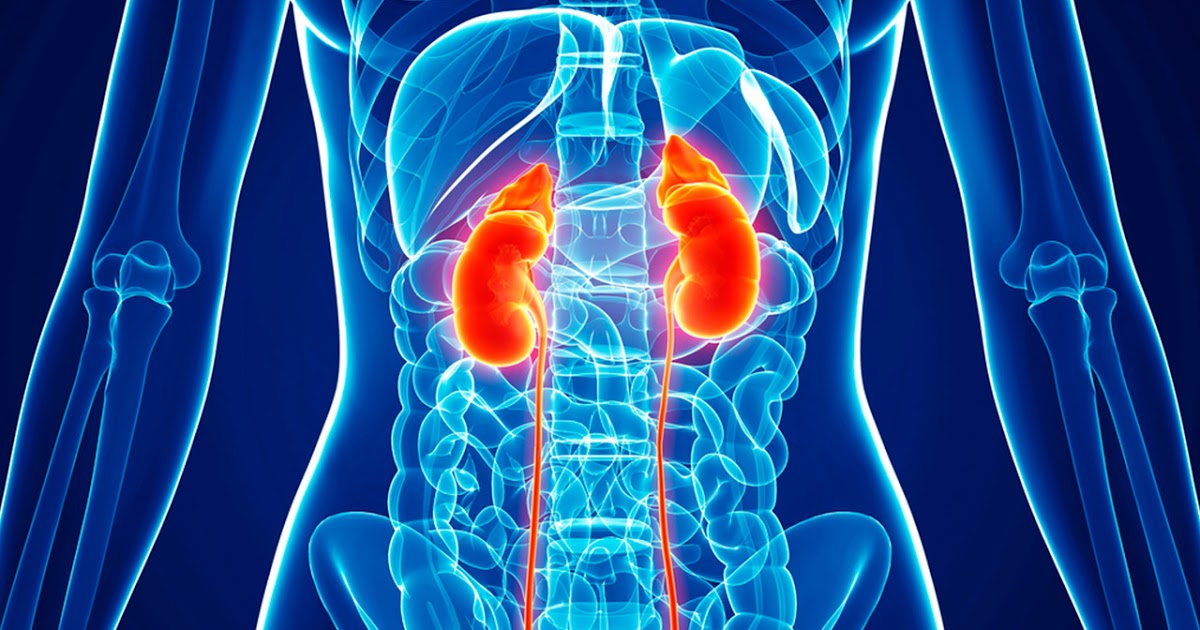Causes And Risk Factors Of Trimethylaminuria
Liver Disease
There are actually two types of trimethylaminuria. One is called primary TMAU, and the other is known as acquired TMAU. Primary trimethylaminuria is inherited and is present at birth, whereas acquired trimethylaminuria is not present at birth. It's generally caused by something like an infection, disease, or injury to the liver. The FMO3 gene is responsible for producing the specific protein necessary for normal functioning of a particular enzyme in the liver. When this enzyme is absent, trimethylamine cannot be properly processed. It doesn't matter what caused the enzyme's absence or reduction. If it's not there, symptoms of trimethylaminuria will appear, regardless of the individual's age or genetic history. It's certainly possible for liver disease, such as hepatitis C, to cause a disruption in the enzyme system that breaks down the stinky TMA molecule into the odorless TMAO one. The same thing could happen in the case of severe liver injury.
Keep reading for more on causes of trimethylaminuria now.
Kidney Disease

Although trimethylaminuria is a disorder caused by a liver enzyme deficiency, kidney disease can definitely contribute to and worsen the malodorous symptoms of trimethylaminuria. The kidneys are responsible for collecting, concentrating and eliminating body wastes, particularly urea. When the kidneys don't function correctly, a serious condition called uremia can occur. Uremia means there is a dangerous amount of urea in an individual's bloodstream. Urea is toxic. Healthy kidneys keep this substance cleared from the body. The kidneys are also responsible for the elimination of other compounds too. One is the trimethylamine produced by a patient with trimethylaminuria. When there is any delay in its elimination by the kidneys, such as in the case of kidney disease, there will likely be an increase in odor from the TMA. Uremia itself can also produce a certain type of unpleasant body odor.
Discover more risk factors of trimethylaminuria now.
